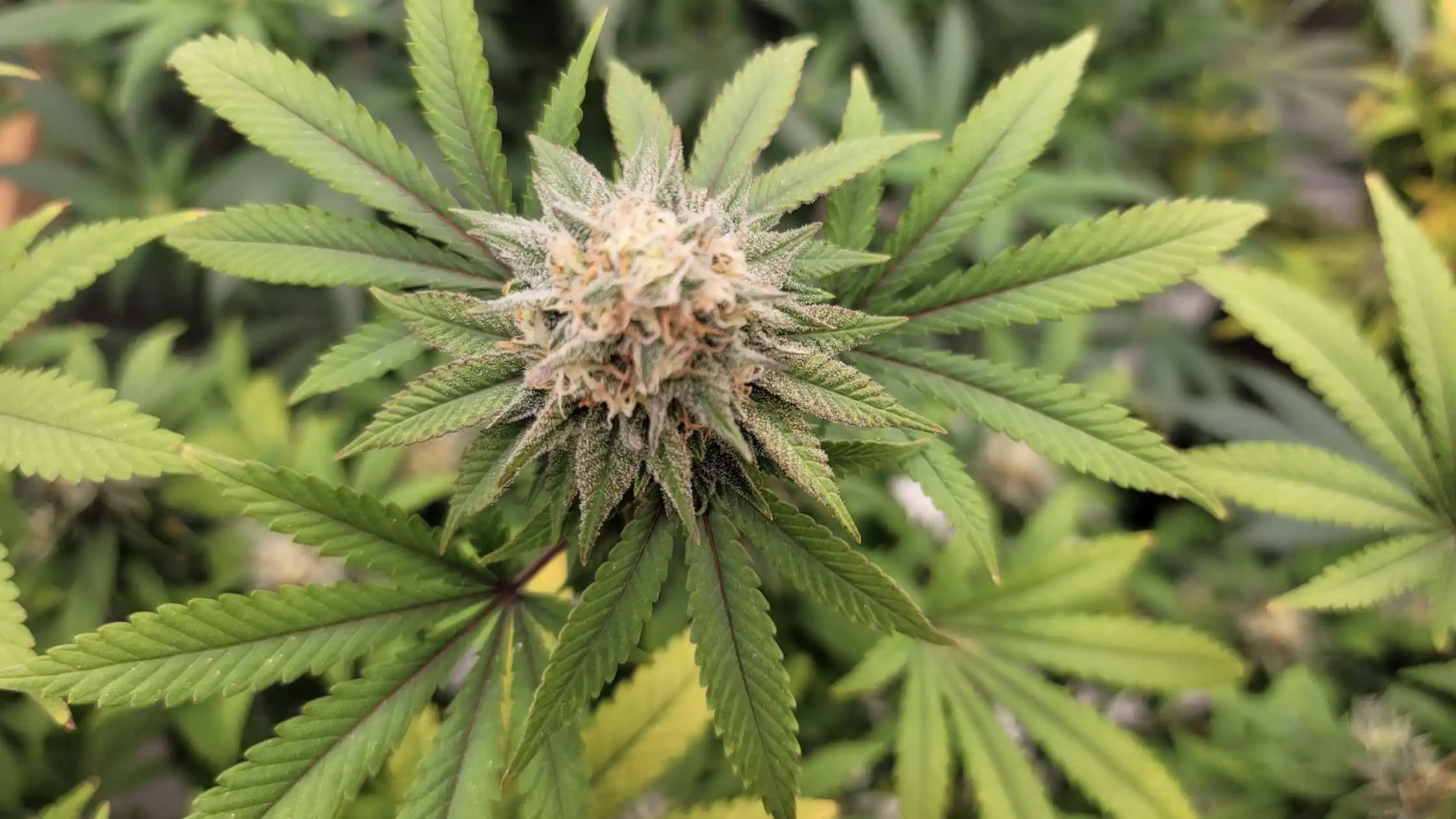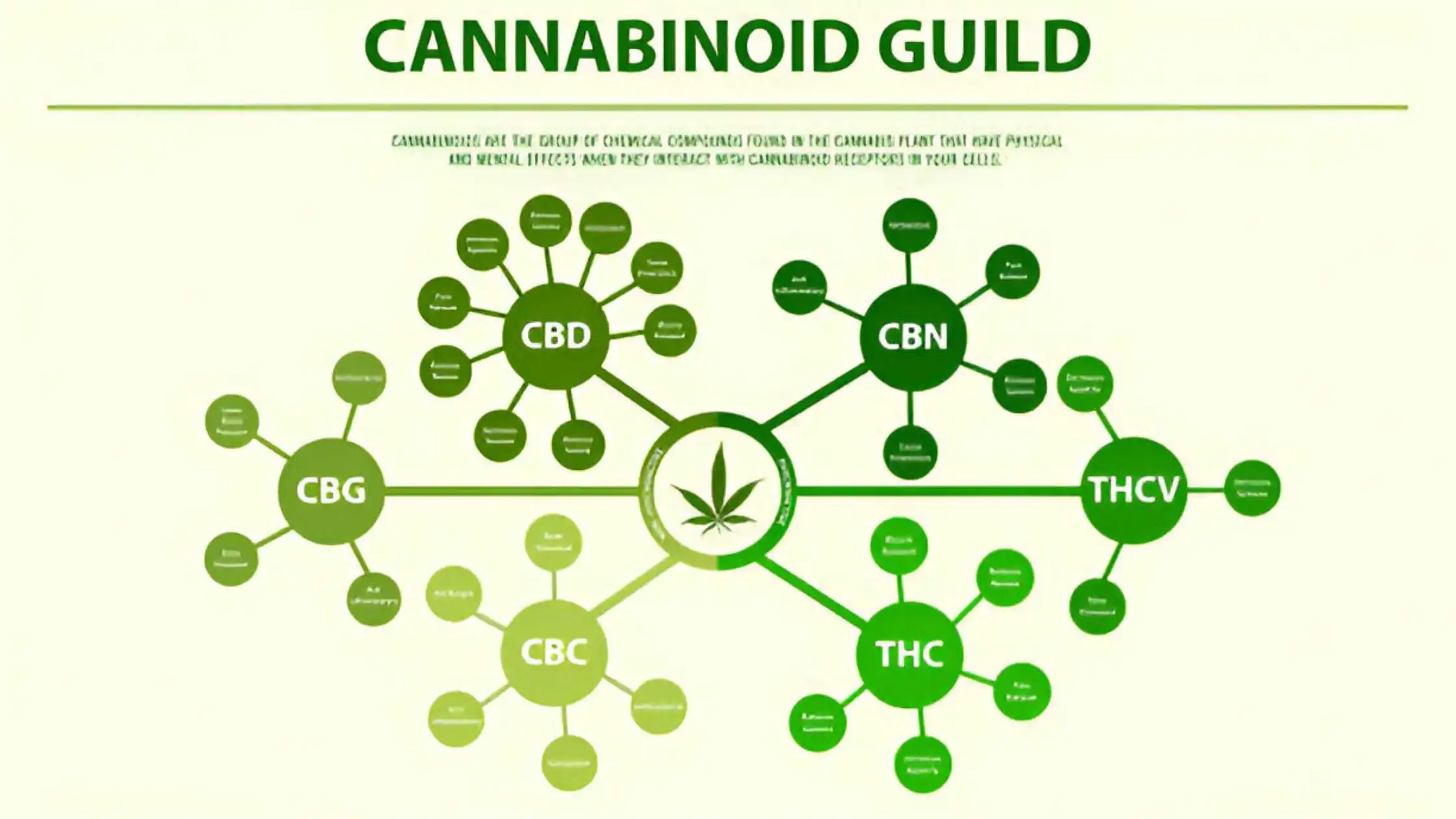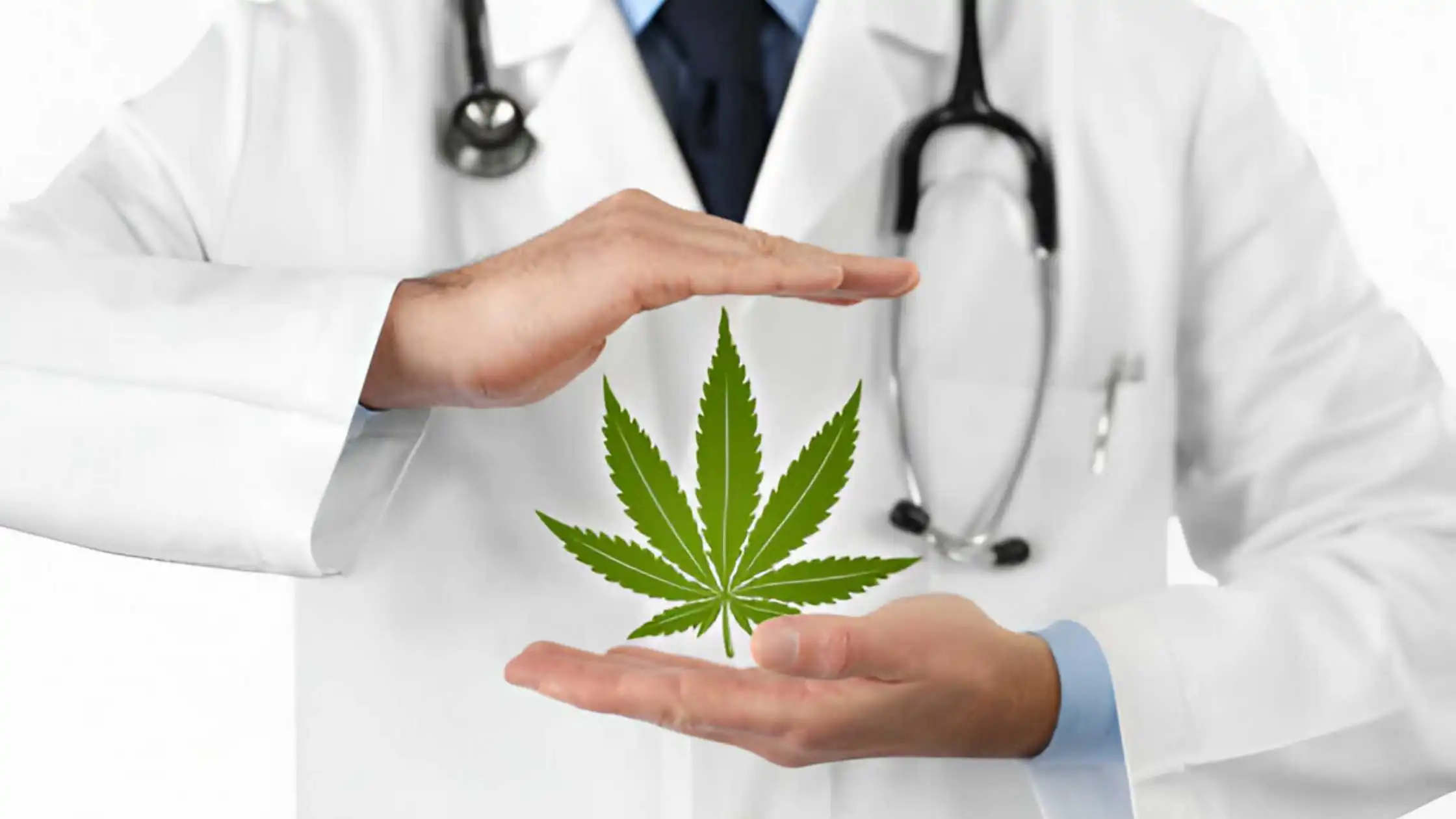The report shows that the CBD content on labels differs from that of coffee and tea-level teas.
More than half of 29 hemp tea and coffee products that underwent recent analysis in the USA showed CBD levels different from that advertised on the labelling, a study has found. Tel Aviv, Israel-based Leaf Report, a CBD reviewer, said it found products off by anywhere from 11.5% to 62% from the labelled CBD content. Leaf report reviewed products from various brands to check the veracity of label claims about potency. The reviewer said while some variation is expected in natural products such as hemp-derived CBD, levels should still be within a reasonable range.
Rules are needed
“Industry experts recommend that cannabis products should contain cannabinoid levels that are within 10% of the advertised amount,” Lea report said. However, few guardrails exist for CBD products in the USA as regulations are still awaited from the U.S. Food & Drug Administration (FDA). That agency has periodically cracked down on mislabeled CBD products and those that make unsubstantiated health claims but has done little to establish rules to protect consumers and clear a pathway to market for producers and sellers. S.C. Labs, Santa Cruz, California, provided third-party testing services for the Leaf report study, turning out certificates of authorization (COAs) for the 29 products reviewed. That analysis found that out of 14 teas and coffees advertised as containing broad or full-spectrum hemp extract, 11 (79%) were “accurately” labelled, while only three contained CBD. Also, 14 products had CBD levels within 10% of the amount mentioned on the label, which is required for an A rating. The leaf report’s scale runs from A (“excellent”) to F (“fail”). Failing products contained CBD levels that differed from the label by more than 30%.
Inconsistencies
The testing also found that brands with multiple products scored well for one product but had lower scores for others, reflecting problems with consistency. The report suggests CBD-based tea and coffee products are harder to formulate than oils because they include relatively small amounts of CBD. “As a result, the findings were better than expected,” Leafreport said. Nonetheless, labelling inaccuracies remain a problem for the CBD sector, said Lital Shafir, head of product at Leafreport. “You can find CBD in almost anything, including tea and coffee, but do these products contain as much CBD as advertised, and are they accurately delivering what is promised?” Shafir said. “Having more than 50% of products contain inaccurate amounts of CBD is not great.”
Disclaimer: This article is originally published on https://hemptoday.net/report-shows-cbd-content-on-labels-differs-from-levels-found-in-coffees-teas/





